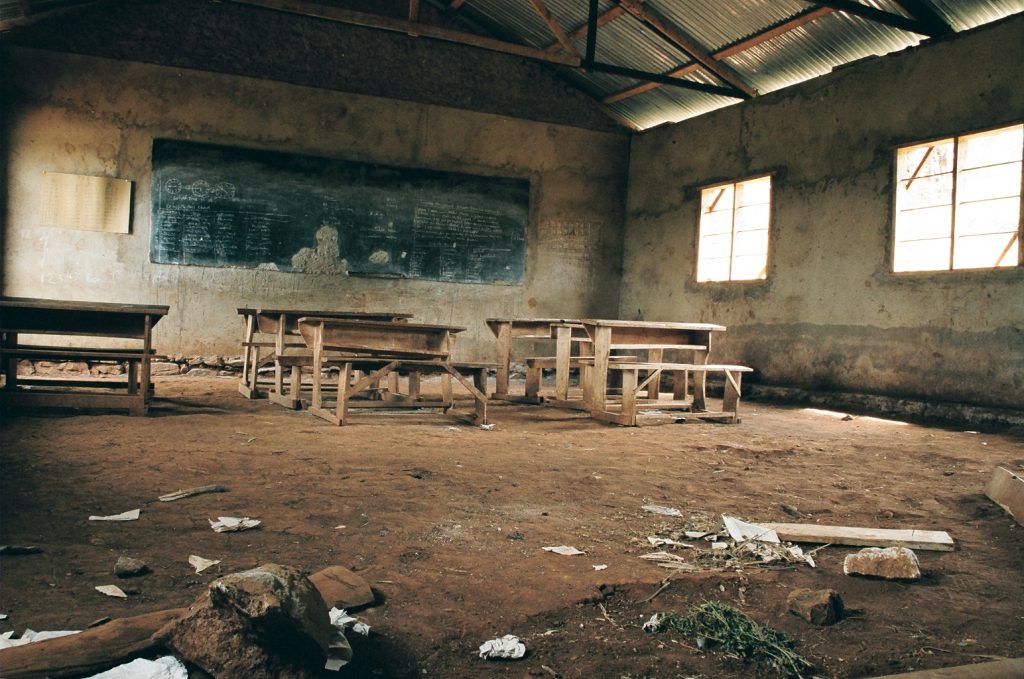AS Nigerian teachers join their counterparts all over the world to celebrate the World Teachers’ Day, stakeholders in the teaching profession have lamented the precarious state of Nigerian teachers in the comity of teachers globally. The 2016 World Teachers’ Day with the theme -‘Valuing Teachers, Improving their Status’ was described by teachers as most apt for the Nigerian where our teachers deserved to be celebrated for being the pivot of socio-economic development.

Nigerian teachers who spoke to Vanguard decried their poor teaching conditions, stressing that teachers are not so treated with disdain globally. According to them, whereas the Nigerian teachers are still using blackboards and chalks for teaching in the 21st century, their counterparts in other countries are using whiteboards and markers, noting that many countries of the world have even gone beyond the use of whiteboard to interactive classroom system, coupled with teaching aids. While teachers in many countries of the world are well remunerated, they maintained that teachers in Nigeria were not only poorly paid, but many were being owed several months of unpaid salaries.
They argued that the manner in which the federal and state governments handled teachers makes the society to hold teachers and the teaching profession in low esteem. “How many teachers in Nigeria are computer literate and what is the government doing to upgrade teachers’ knowledge in computer literacy,” they quarried. Making allusion to what a typical teacher and the teaching profession were like in those days, stakeholders noted that in the good old days, teachers were highly regarded in the society as they exerted great influence and authority on the people and were subsequently ranked second in command after the traditional chiefs. “That informed the reason many teachers in those days were given free accommodation and scholarships for further studies,” they said.
They pointed out that in those days, a student would rather prefer his mother beats him when he commits an offence at home, than she reported him to his class teacher, the punishment and the shame at the assembly ground could be better imagined. The question begging for an answer is: Where did we begin to get it wrong and how did our teachers suddenly lose their prestige? In his reaction, the Provost of Michael Otedola Primary College of Education (MOCPED), Professor Olu Akeusola, said that the day we abrogated Grade II teachers colleges in Nigeria was the time we killed teachers education and subsequently education. Akeusola who maintained that the standard of education was not falling, but the quality, explained that what was instrumental to a very good foundation in the past, was our being able to develop teacher education.

